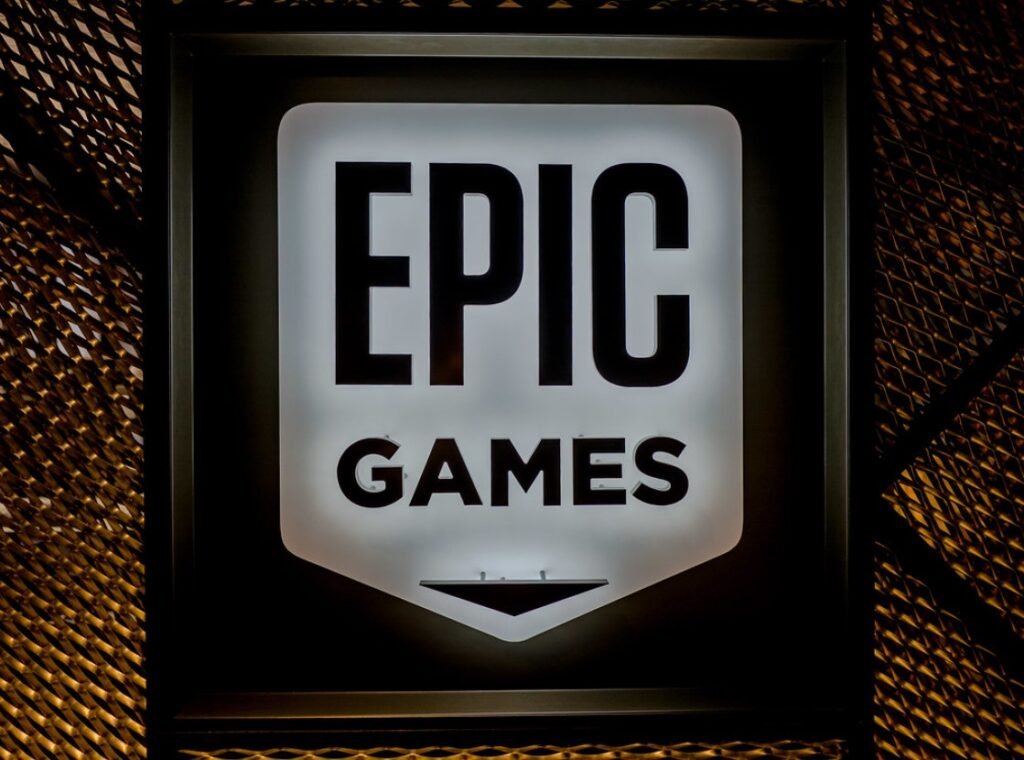Google’s alleged strategy of paying off game developers to keep them from leaving its Play Store is one of the key issues in the ongoing antitrust trial between the internet giant and Epic Games, the maker of Fortnite.
‘Project Hug’ is the name given to Google’s initiative to offer incentives to game developers who agreed to distribute their apps exclusively or primarily through the Play Store, according to internal documents revealed in the trial. The incentives included cash payments, revenue share deals, marketing support, and technical assistance. Google reportedly spent hundreds of millions of dollars on ‘Project Hug’ deals with developers such as Activision Blizzard, Ubisoft, and Supercell.
Why did Google launch ‘Project Hug’?
Google launched ‘Project Hug’ in response to the growing threat of alternative app stores and direct downloads that could bypass the Play Store and its 30% commission on in-app purchases. Google was particularly concerned about the potential impact of Fortnite, which launched on Android in 2018 without using the Play Store. Google feared that Fortnite could set a precedent for other popular games to follow suit and erode its dominance in the app distribution market.

How does Epic Games challenge ‘Project Hug’?
Epic Games argues that ‘Project Hug’ is part of Google’s anticompetitive conduct that harms consumers and developers by limiting their choice and innovation. Epic Games claims that Google uses its monopoly power over Android devices to coerce developers into accepting its terms and conditions, which include the 30% commission and the requirement to use Google’s payment system. Epic Games seeks to break Google’s grip on the app distribution and payment markets and to allow developers and consumers to access alternative app stores and payment methods.
What are the possible outcomes of the trial?
The trial, which began on Monday, is expected to last for several weeks and will be decided by a jury of eight people. The jury will have to weigh the evidence and arguments presented by both sides and determine whether Google has violated the antitrust laws and harmed competition. If Epic Games wins, it could force Google to change its policies and practices regarding the Play Store and to pay damages. If Google wins, it could maintain its status quo and fend off similar lawsuits from other developers.
What are the implications of the trial for the app industry?
The trial is closely watched by the app industry, as it could have significant implications for the future of app distribution and monetization on Android devices. The trial could also influence the outcome of the similar case between Epic Games and Apple, which is currently pending appeal. The trial could affect the balance of power and revenue between app developers and platform owners, as well as the choices and experiences of app users.
